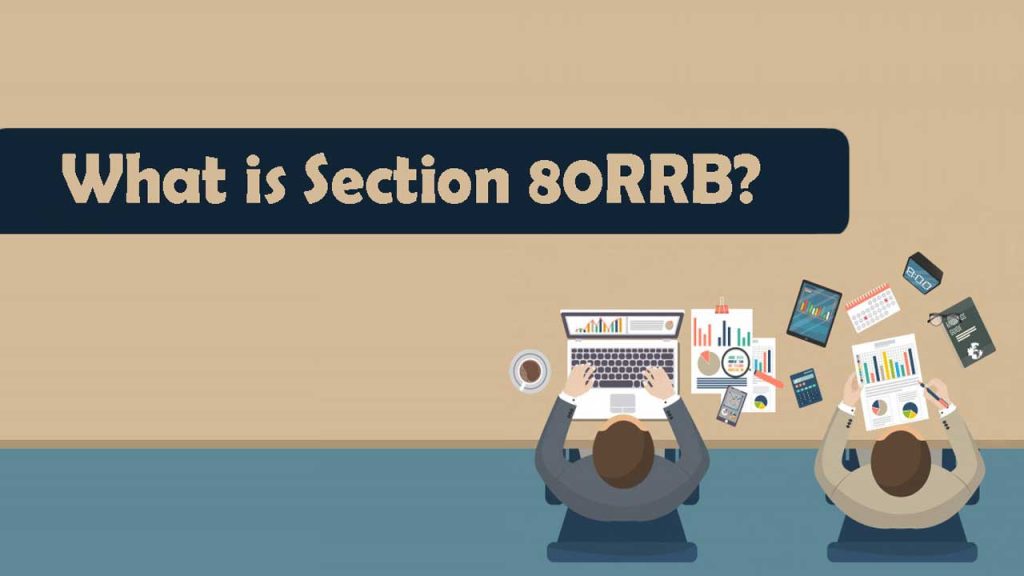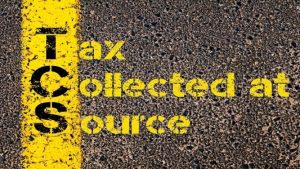Section 80RRB was implemented to assure that anyone who has performed an incredible job receives their reward. To motivate people to continue creating high-quality work, this section requires them to claim income tax deductions for royalties obtained.
As an Indian resident, you have the freedom to work in any legal profession or vocation to earn a living. You can earn money through a variety of means, including entrepreneurship or jobs. Royalty payments are one major stream of revenue for several Indians. A royalty is a money paid to an individual by another party in exchange for the use of a piece of work created by the owner. This may include novels, artwork, composing, inventions, and so on. Royalty payments are typically continuous and can last from a set period of time till the recipient’s death.

Eligibility under Section 80RRB
To receive Section 80RRB benefits, one should meet the below requirements
- The person requesting the deduction must be a citizen of India.
- Those who own an original patent are the only ones who can claim a deduction under Section 80RRB. Without the original patent, you cannot qualify for these deductions.
- The patent for which the royalty was paid should be registered underneath the Patent Act of 1970. The patent in question must’ve been filed on or after 1/04/2003.
Must Read – What is Section 80TTB?
Deductions for Royalties obtained against a Patent
Indians are widely viewed as having the most creative minds in the world. As a result, this is not unusual to come alongside new creations on a daily basis. These innovators not only make things easier for Indian people, as well as for the rest of the globe. The innovators file patent applications with the appropriate authority that grants them the authority to use the invention for a fixed period of time. A patent, also referred to as an intellectual property right, guarantees that the rights of the inventor are secured. This enables the innovator to monetize his or her invention and produce consistent revenue from it.
As previously stated, royalties income qualifies for deductions under Section 80RRB. The accompanying is a few critical things to remember about this deduction.
- A deduction amounting to ₹3 Lakhs may be claimed for royalty payments. This is the highest deduction amount that can be asserted. If the real royalties earned are below ₹3 Lakhs, then only that sum is deductible.
- If the person has this other source of revenue, just the sum obtained as royalty could be deducted.
- Section 80RRB allows only original patent holders to receive the deduction.
- If the royalties are obtained from a foreign nation, the deduction could be asserted only for royalties obtained during 6 months of the end of the FY in which the revenue is obtained.
- It is critical to provide documentary proof of royalty payments; else, the claim may be denied.
- This deduction is only applicable to resident individuals; HUFs and non-residents really aren’t eligible.
- The sum of royalty is typically agreed by mutual agreement among two parties However, in other cases, the government may give a compulsory licence to use the patent in the public interest. In such a case, the sum of royalty owed would be settled by the Government’s Controller of Patents. In this regard, the alleged deduction cannot exceed the settlement offer. But if you’re an innovator and have a government-issued patent for your invention, you can however assert a tax deduction within Section 80 RRB and reduce your tax liabilities.



